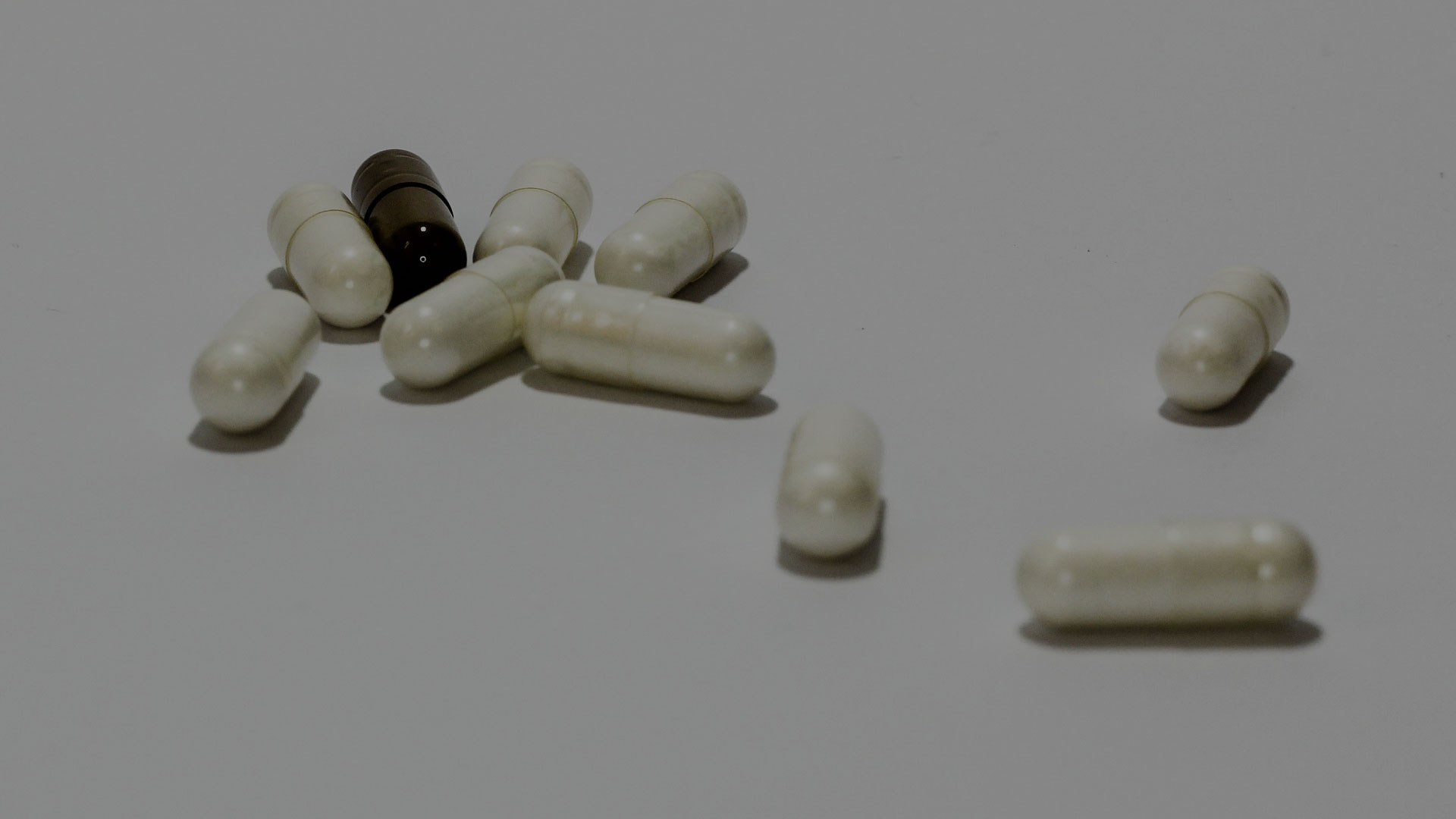02 Jul Kratom Konspiracy
Table of Content
Newsflash: illegal drugs are killing more Americans each passing year. This should come as no surprise, for the amount of overdose deaths has steadily increased the past twelve years straight, not to mention there are 1.1 million emergency room visits each year because of illegal drug use. The unfortunate truth lies in the fact that many drug overdoses start right at your medicine cabinet, with highly addictive painkillers such as oxycodone, hydrocodone, and methadone. Fatal overdoses from these prescribed medications has quadrupled since 1999, which is pretty frightening considering they could reside over your bathroom sink. Not all overdoses stem from, for lack of a better term, hardcore drugs such as black tar heroin or crystal meth, so this blurs the line between legality and safety. Just because a drug is technically legal, does that then automatically make it safer than its illegal counterparts? It’s time we address the drugged elephant in the room.
One Atlanta mother, Lauren Eden, has sparked a similar debate, over the legal drug kratom. Kratom is a plant-based drug that comes from a tree native to Southeast Asia. Kratom tree leaves have been used as a herbal drug with sedative qualities, with other effects being an increase in energy, focus, as well as mood. Eden blames kratom for her twenty-two-year-old son John’s suicide in May. The young navy intelligence officer left a suicide note that his parents would later recover, along with a trail of empty bags and bottles of kratom scattered about his apartment. His suicide note included the line, “I ruined myself with drugs,” and Eden recalls her son telling her that he was addicted to the plant-based drug and was “afraid of the withdrawals.”
Kratom is noted to be addictive if used often and not in moderation, but the most interesting thing about this plant-based sedative is that its effects vary greatly, even each time to use it. A low to moderate dose will most likely be stimulating, whereas a higher dose will be more of a sedative.
I can speak from my two experiences of drinking kratom tea that this is undeniably true.
My first experience with kratom tea I only drank a small amount, and I remember being very alert, but not in a positive way. I was extremely argumentative and hostile – although I am an anxious person to begin with so I’m taking that into account – but I still was overall more hostile than I normally would be, to the point that I wondered, “why would anyone willing do this stuff?” During my second experience with kratom I drank significantly more, and my experience was much more sedative. I was relaxed and calm, and I enjoyed sitting in silence and I recall smiling slightly the entire time. From my two experiences alone, I can confidently state that kratom is a varying and sometimes unpredictable drug.
As the director of the Georgia Poison Center, Gaylord Lopez, stated, “It’s one of those Jekyll and Hyde kind of drugs, low doses. It might have a stimulation effect, in higher doses, it may have more of a sedative effect.” Lopez, along with Lauren Eden and her family, are pushing for lawmakers to ban this plant-based sedative. Eden plans to lobby lawmakers to get kratom banned in Georgia, in hopes to save another life. Was Lauren Eden’s son dependent on kratom, and this threw him into a violent depression, an unstoppable roller coaster of emotions leading to his suicide? Just because a drug is legal, does it make it safe and free from possible abuse? The case of John Eden proves that not all legal substances are created equal.
The war on drugs has been waged for a long time in the United States. We walk a thin line between legal and illegal when it comes to drugs, especially when addiction can be found right in your medicine cabinet. Any substance that can alter the chemistry of your brain or how it works should raise some concern at the very least, and one can never be sure just how a person will be affected by a certain drug. It almost seems as if we are fighting the wrong battle: legal drug overdoses show that drug regulation or even the ban of some legal substances may be the hidden weapon we have been looking for. Either way, this fight is far from over.
Sources:
“Kratom.” NIDA. Sep. 2018. 4 March 2019. https://www.drugabuse.gov/publications/drugfacts/kratom
“Kratom.” WebMD. 4 March 2019. https://www.webmd.com/vitamins/ai/ingredientmono-1513/kratom
Wong, Cathy. “Kratom Uses & Side Effects.” Verywell Mind. 4 Jan. 2019. 4 March 2019. https://www.verywellmind.com/kratom-for-pain-management-4089380




 678-771-6411
678-771-6411


No Comments